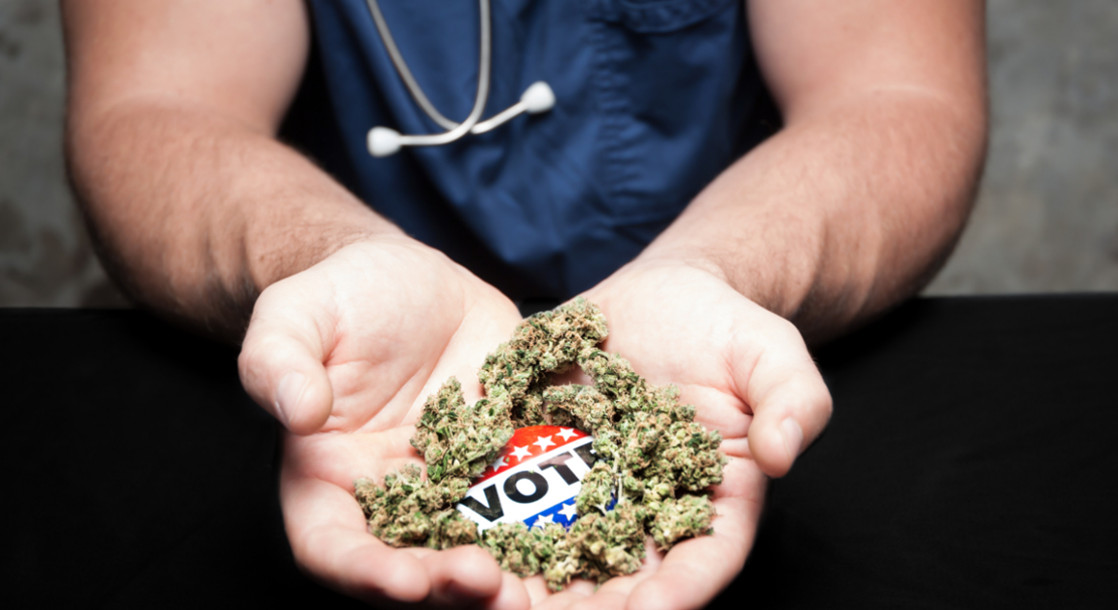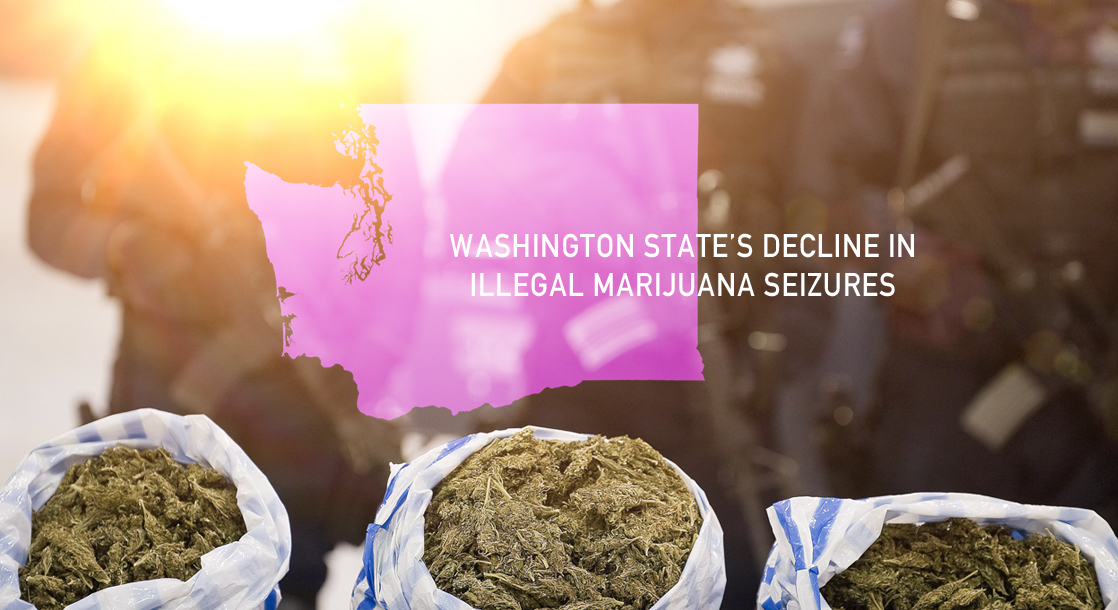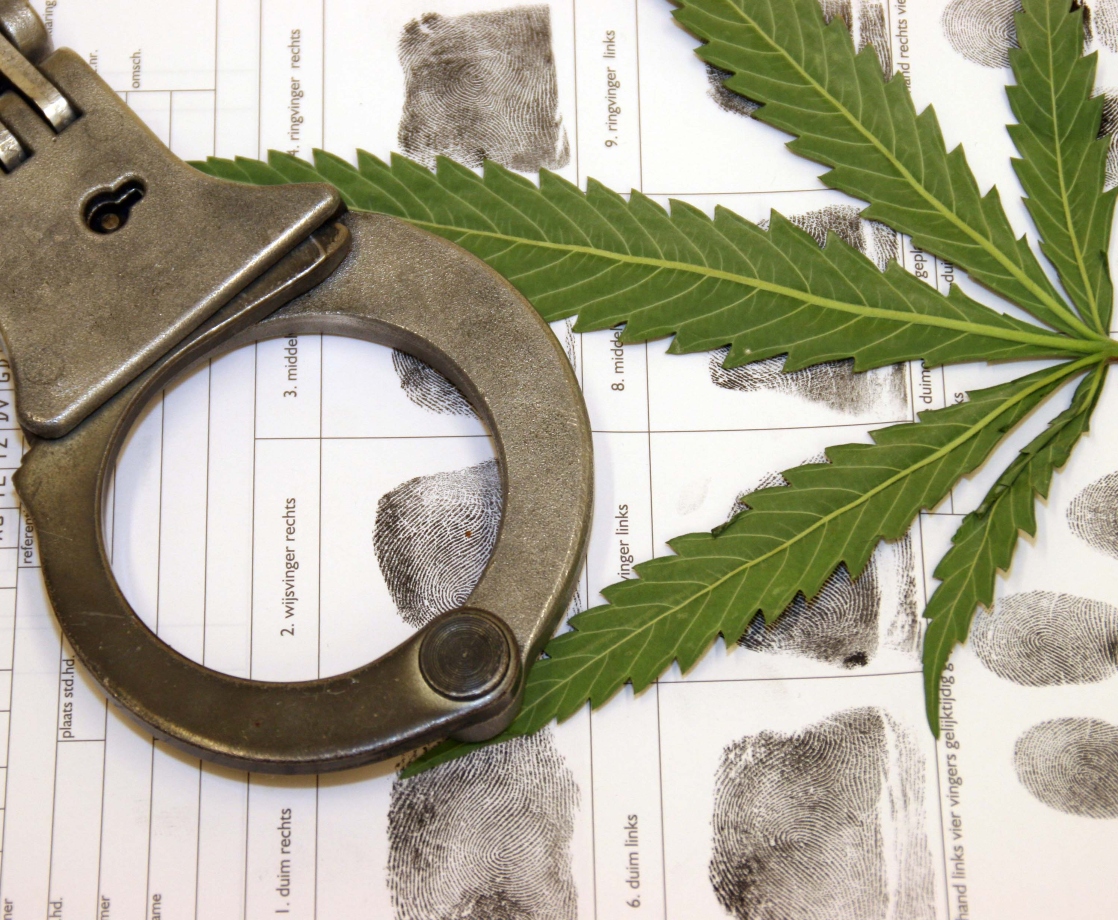California lawmakers just passed a new bill that will prevent most employers from firing or disciplining employees who choose to get high on their own free time.
The bill, sponsored by Democratic state Assemblymembers Bill Quirk and Reginald Byron Jones-Sawyer, would “make it unlawful for an employer to discriminate against a person in hiring, termination, or any term or condition of employment, or otherwise penalize a person, if the discrimination is based upon the person’s use of cannabis off the job and away from the workplace.”
These protections will block most employers from firing, suspending, or taking any other action against employees that test positive for THC on a urine test. THC metabolites can remain in the bloodstream for weeks or months after use, so traditional piss tests can’t effectively determine exactly when a person used cannabis. This inaccuracy has led many companies to fire employees who got high off-the-clock but still reported to work completely sober.
Instead of relying on these outdated tests, the bill recommends the use of new saliva tests that can detect if a person is stoned at the exact time of the test. Employers will be allowed to administer these tests to employees who show up to work high or are caught lighting up on the job. The bill will still allow employers to fire or discipline employees who test positive for THC on these new instant tests.
Some businesses will also be exempt from these new protections. Federal law requires commercial truck drivers, airline pilots, and other federal license holders to submit to regular drug testing, and California cannot provide exceptions to these rules. Employees who work for federal agencies, who require federal security clearances, or who work in state building and construction trades are also ineligible for cannabis employment protections.
If Gov. Gavin Newsom signs the bill into law, as he is expected to do, the protections will take effect on January 1, 2024. The successful passage of this law would make California the seventh state to block employers from discriminating against employees who use recreational pot in their free time. Connecticut, Montana, Nevada, New Jersey, New York, and Rhode Island have all passed similar bills, but Nevada’s Supreme Court just struck down the state’s robust cannabis employment protections.
The workplace protection bill is one of about a dozen new cannabis reform bills approved by California lawmakers over the last few weeks. Another important bill would prohibit local governments from banning medical marijuana deliveries, ensuring that patients can actually access their legal medicine. Other new bills would make it legal for insurers to do business with cannabis companies, legalize interstate cannabis commerce, and protect veterinarians who recommend medical pot for animals.











